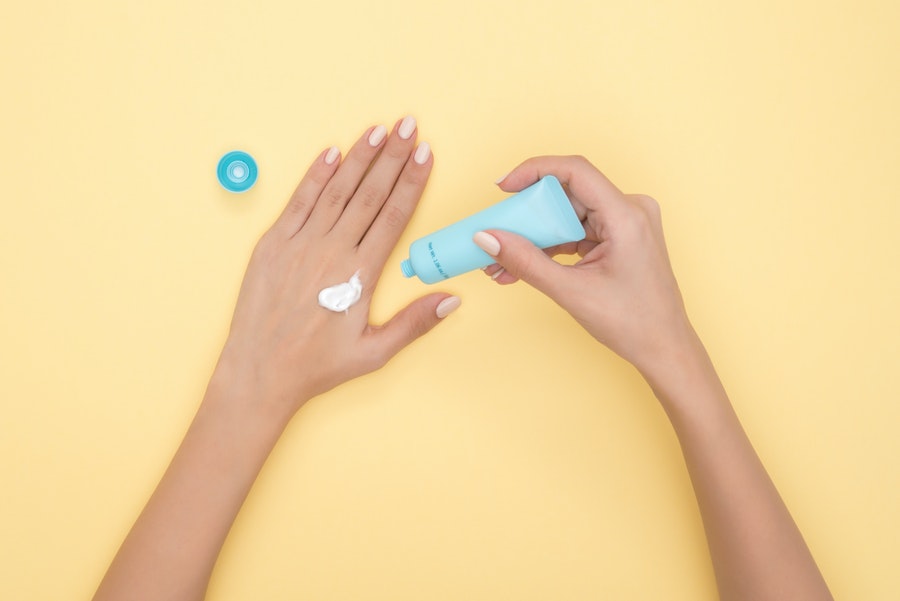One day, it’s cold. The next, it’s hot — the weather can’t seem to make up its mind! Neither can your skin — is it dry or oily? No one knows. Here’s how the weather affects your complexion and skin.
Hot Weather
When dealing with hot weather, it’s important to take into account what that means. In warmer months like June, people tend to spend more time outside.
Whether you enjoy going to the beach or sunbathing at a pool deck, the sun will eventually hit your skin, exposing you to UV radiation and making you sweat. Common skin problems in the summer include acne, dry skin, rashes and sunburns.
Acne is common because people produce more sweat and oil in the heat. Those liquids mix with bacteria present on the skin and clog pores, according to the American Academy of Dermatology Association.
To prevent acne, wipe sweat off your face, wash sweaty clothes and use oil-free products.
When people spend time in the sun and pool, they tend to develop dry skin because of the harsh chemicals and exposure. To prevent your skin from flaking and cracking, wear sunscreen, moisturizer and take showers using lukewarm water.
Different rashes are also associated with the summertime. Heat rashes, in particular, start when people spend time in the heat. In this case, the sweat can’t get out, causing blocked glands.
This creates bumps on the skin. To prevent this, the American Academy of Dermatology Association recommends wearing loose-fitting clothes and exercising outside during the coolest parts of the day.
Finally, sunburns start when individuals spend too much time under the sun. It might not seem like a big deal, but in reality, a sunburn increases your likelihood of developing skin cancer, according to the Academy.
To prevent sunburns from happening, wear sunscreen and cover your body using hats, sunglasses and other protective gear! The shade is also a great way to stay safe.
Cold Weather
Cold weather and hot weather aren’t all too different. While one calls for more clothing, both can create dry skin and acne.
In fall and winter months, cold air strips your skin of moisture and cracks your hands. Because the air contains less water and moisture than warm air, your skin loses moisture, according to The Skin Institute.
To make matters worse, indoor heaters dry out the air inside your home and lead you to experience extreme temperature changes.
As a result, your skin becomes dry, red, flaky and itchy — even if you opt to spend the night indoors. Individuals with preexisting conditions like eczema and acne might see their conditions worsen, too.
Excess dead skin clogs your pores, too, during colder months, according to Dermcare Physicians. This can further worsen or create acne.
The Skin Institute recommends keeping the heat in your home low and opting to wear more clothing inside instead to prevent dry skin. Individuals should also try to keep their skin covered as much as possible.
When washing your face and using products, ensure the product doesn’t contain alcohol. Alcohol quickly dries out the skin and won’t help you in the winter.
Lastly, don’t forget to wear sunscreen. UV rays still damage skin in the winter, so it’s important to protect yourself. The skin is the largest organ on the body, and it protects you from the outside world. Do it a favor, too, and put on some SPF!
RELATED ARTICLES
Best Books for Well-Rounded Self-Care
Gout: The Throbbing Pain You Want to Live Without
How You Can Use Food as Skincare

